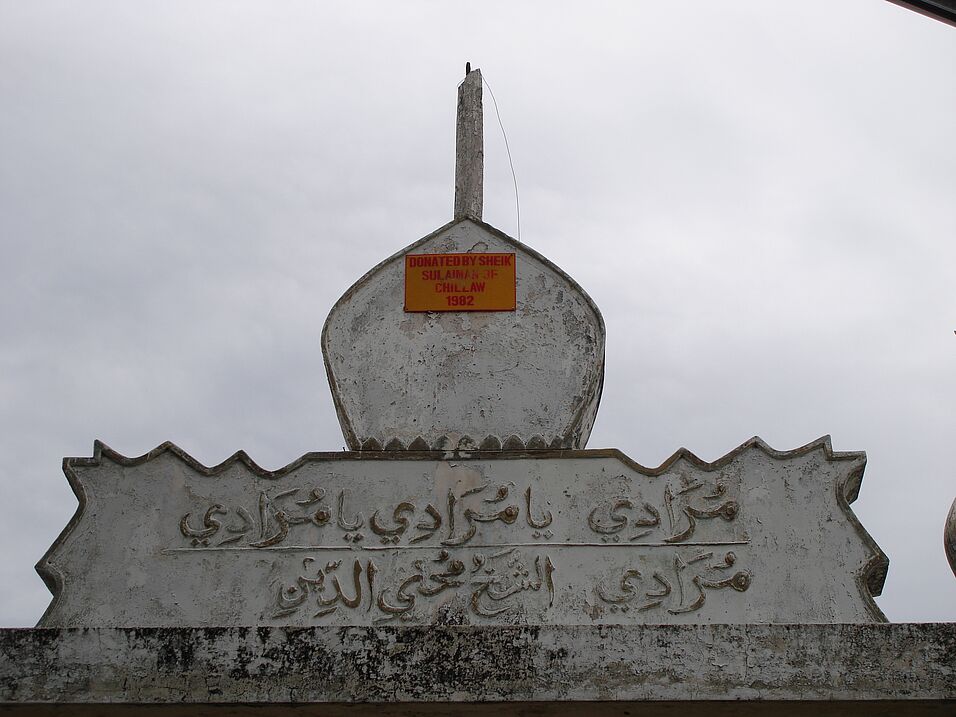The rise of Sri Lankan Buddhist nationalism has been slowly growing since the end of the protracted civil war between the government and the secessionist Tamil Eelam (LTTE). Now that hostilities between Sinhala Buddhists and Tamil Hindus have declined, the new target of Buddhist nationalism is Islam. Although violence against the island state’s Muslim minority dates back to a pogrom in 1915, there is a current push to reclaim sacred Islamic sites by arguing that Buddhist monuments were destroyed in order to erect Muslim ones. My presentation will focus on the Sufi shrine of Dafthar Jailani, which is located in the southwestern portion of the island on the southern escarpment of the Kandyan Hills known as Kuragala roughly twenty-two kilometers from the town of Balangoda in Sabaragamuwa Province. Named after Abdul Qadir Jilani, the so-called “saint of Baghdad,” the Sufi shrine has become contested terrain in recent years, despite a long and officially recognized history of its importance as a trading and pilgrimage route for Muslims visiting the island from the Middle East, since it was a stop along the way to both Ratnapura (the center of gem trading) and Adam’s Peak (the place where the first man fell to Earth from Paradise, according to Muslim belief). A Sinhala Buddhist nationalistic group known as the Bodu Bala Sena (“Buddhist Strength Society”) has been actively engaged in reclaiming the site and has already started the process of dismantling it. I argue that this phenomenon has become more politically charged since the end of the civil war, using “national heritage” as a rallying cry to bolster Buddhist majority claims.
Frank J. Korom is a professor of religion and anthropology at Boston University. He is also a faculty affiliate of the folklore and mythology program at Harvard University. Trained in the study of folklore and folklife at the University of Pennsylvania, his primary area of research is South Asia, where he has conducted research in India, Bangladesh, Pakistan, and Sri Lanka. He also works on the South Asian diaspora in the Caribbean and the Tibetan diaspora in Europe and North America. Currently, he is the co-editor of the journal Asian Ethnology as well as a Humboldt awardee at the South Asia Institue of the University of Heidelberg.

